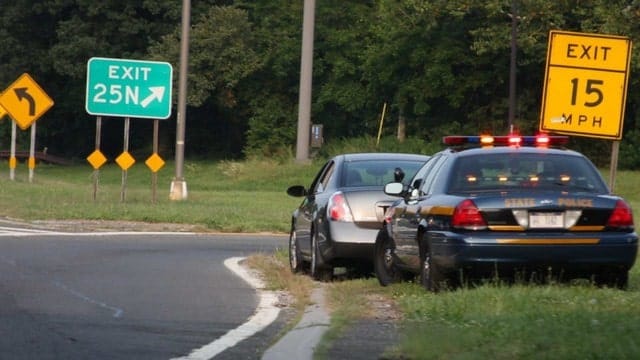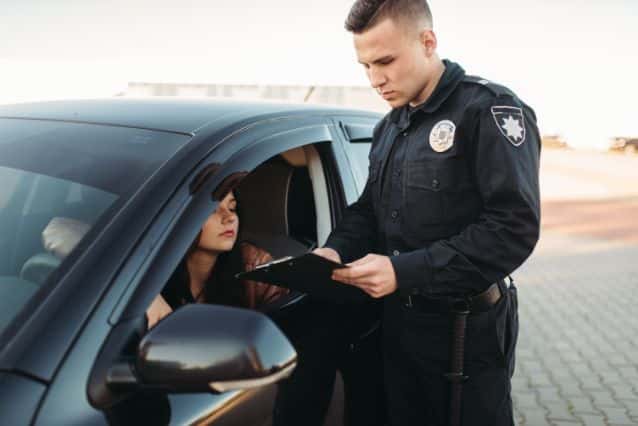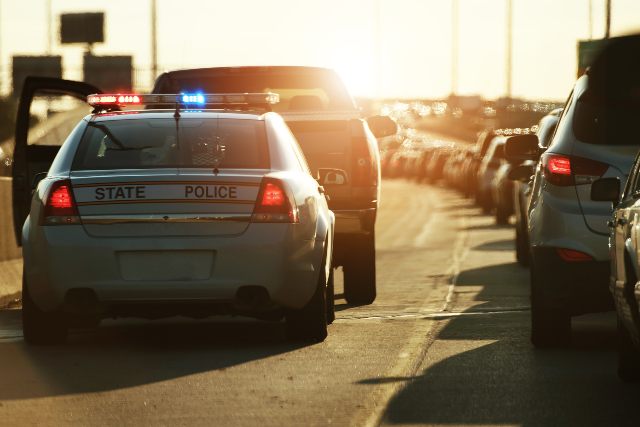












Unraveling the Complexities of Breathalyzer Accuracy
The accuracy of breathalyzer tests is vital for determining DWI cases, impacting both the legal system and individuals’ rights. But, we have all heard of someone who got arrested for a DWI (driving while intoxicated) even though they hadn’t drunk a drop of alcohol. That is because, despite their general reliability, breathalyzer tests can yield false positives.
At the Missouri DWI & Criminal Law Center, we have been handling cases involving inaccurate breathalyzer tests for years. We leverage our extensive experience to assist individuals facing DWI charges based on flawed results. This article explores the complexities of breathalyzer accuracy, highlighting factors contributing to inaccuracies and offering legal remedies. Contact the Missouri DWI & Criminal Law Center for more personal guidance if you’re concerned about breathalyzer issues.
Understanding Breathalyzer Tests
What Is a Breathalyzer Test?

A breathalyzer test measures the alcohol concentration in an individual’s breath, providing an estimate of their blood alcohol content (BAC). How it works is simple: the person exhales into the breathalyzer, and the device analyzes the alcohol content in their breath to calculate the corresponding BAC level. This process is based on the principle that the amount of alcohol in one’s breath correlates with the alcohol concentration in one’s blood.
Law enforcement relies on these tests as a vital tool for assessing whether an individual is operating a vehicle under the influence of alcohol, helping establish legal grounds for DUI charges. The results of a breathalyzer test often serve as crucial evidence in court, influencing legal proceedings and potential penalties for the accused.
The legal alcohol limit in Missouri is set at 0.08% for individuals aged 21 and older operating a non-commercial vehicle. However, the legal limit for commercial drivers is stricter, with a BAC threshold of 0.04%. Additionally, Missouri has a zero-tolerance policy for drivers under the age of 21, making it illegal for them to operate a vehicle with any detectable BAC.
Common Causes of Inaccuracies
There are many reasons why a breathalyzer test may not be 100% accurate. One big reason for a false positive reading is if the breathalyzer machine isn’t calibrated correctly – kind of like when your phone needs updating. The results can be off if the breath test is not done regularly.
Another thing to watch out for is when the police officer giving a roadside breathalyzer test makes a mistake or doesn’t understand it well. This could lead to a false positive breathalyzer test that gives you a higher blood alcohol concentration result than you have. In order to get more accurate results, you need to ensure the machine is checked often and the test is done correctly.
Additionally, certain medical conditions and external influences can influence breathalyzer outcomes by leaving residual mouth alcohol, such as:
-
Gastroesophageal Reflux Disease (A chronic form of acid reflux)
-
Respiratory Infections
-
Ketosis
-
Dietary Factors
-
Medications
-
Mouthwash and Breath Fresheners Containing Alcohol
It’s important to note that while these conditions may lead to inaccurate readings, they do not automatically invalidate the results. So, consulting with legal and medical professionals is crucial when challenging breathalyzer results based on underlying medical conditions or external factors.
Defending Against Inaccurate Breathalyzer Results
When facing DWI charges, it’s crucial to have a robust defense against potentially inaccurate breathalyzer results. The Missouri DWI & Criminal Law Center employs a range of strategic common defenses to DWI charges to ensure fairness and accuracy in legal proceedings, including:
-
Calibration Records Review: The Missouri DWI & Criminal Law Center meticulously examines calibration records for breathalyzer devices to identify any irregularities that could impact the accuracy of test results.
-
User Training and Certification Checks: Ensuring that individuals administering breathalyzer tests are adequately trained and certified is crucial. The center investigates potential instances of user error, questioning the reliability of results obtained under improper administration.
-
Medical Condition Assessment: Understanding the impact of medical conditions on breathalyzer readings is an essential defense strategy. The center assesses whether underlying health issues, such as GERD or respiratory infections, could have contributed to inaccuracies in the test results.
-
Environmental Factors Examination: External influences, such as environmental conditions or residual substances, are scrutinized. These factors may interfere with breathalyzer accuracy, and their assessment forms part of the defense against inaccurate results.
-
Machine-Specific Challenges: In cases where specific breathalyzer models are unreliable, the center leverages this information to challenge the results.
By employing these comprehensive defense strategies, the Missouri DWI & Criminal Law Center aims to provide individuals with practical tools to challenge and contest inaccurate breathalyzer results, contributing to a robust defense in DWI cases.







